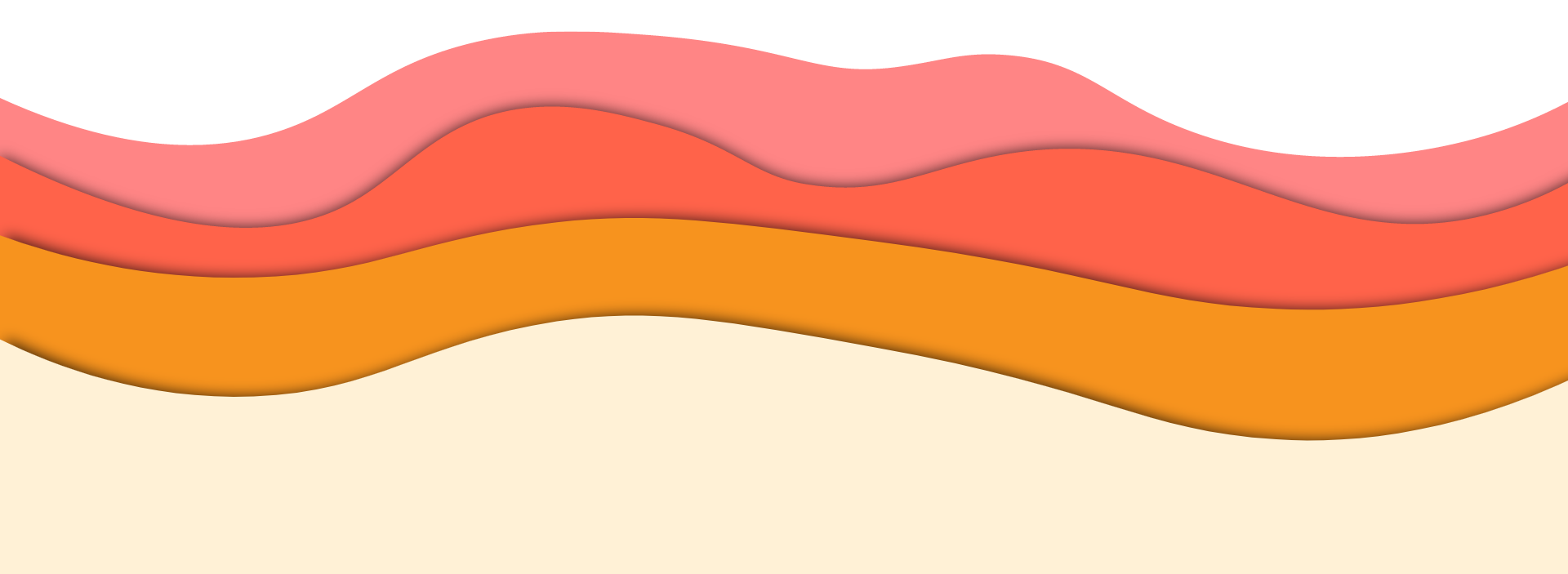Masses Attached to Heart Valves: An Overview
Masses attached to heart valves are abnormal growths or formations that can develop on the heart valves, significantly impacting cardiovascular function.
This page provides a comprehensive overview of such masses, including their nature, seriousness, symptoms, causes, treatments, the role of heart scans in diagnosis, and the importance of consulting a professional cardiac clinic.
What are masses attached to valves?
Masses attached to heart valves are abnormal tissue growths or thrombi that adhere to the valve structures. These masses can be benign or malignant and include a variety of forms, such as:
- Valvular Tumours: Both benign (e.g., papillary fibroelastomas, myxomas) and malignant (e.g., sarcomas).
- Vegetations: Infectious masses, typically seen in conditions like infective endocarditis.
- Thrombi: Blood clots forming on valves, often due to turbulent blood flow or underlying heart conditions.
How serious are they? & Are there different types?
The seriousness of masses attached to valves depends on their type, size, and location:
- Benign Tumours:
- Papillary Fibroelastomas: These are the most common benign valvular tumours, usually attached to the aortic or mitral valves. They can cause embolic events but are generally considered less aggressive.
- Valvular Myxomas: Though more common in atrial chambers, they can occasionally attach to valves and cause significant obstruction or embolism.
- Malignant Tumours:
- Sarcomas: Rare but highly aggressive, they can invade nearby structures and metastasize, leading to poor prognosis.
- Vegetations:
- Seen in infective endocarditis, these masses can cause severe valve damage, leading to valve dysfunction, systemic embolism, and sepsis.
- Thrombi:
- These can obstruct blood flow or embolize, causing strokes or other ischemic events. They are often associated with atrial fibrillation or mechanical heart valves.
Symptoms
The symptoms of masses attached to heart valves can vary widely based on the type and size of the mass:
- Chest Pain: Especially if the mass obstructs blood flow.
- Shortness of Breath: Due to impaired valve function leading to heart failure.
- Palpitations: Irregular heart rhythms caused by disrupted blood flow.
- Fever and Malaise: Common in infective endocarditis due to infection.
- Stroke or Transient Ischemic Attack (TIA): Resulting from emboli breaking off and travelling to the brain.
- Fatigue and Weakness: From reduced cardiac output and systemic embolism.
Causes
The causes of masses attached to valves vary:
- Infective Endocarditis: Bacterial or fungal infections can lead to the formation of vegetation on heart valves.
- Genetic Factors: Some benign tumours like myxomas may have a genetic predisposition.
- Underlying Heart Conditions: Conditions such as atrial fibrillation can lead to thrombus formation on valves.
- Cancer: Primary or metastatic malignancies can involve heart valves.
Treatments
Treatment for masses attached to valves depends on the type and severity of the mass:
- Surgical Removal:
- Tumour Resection: Surgical removal of benign or malignant tumours.
- Valve Replacement or Repair: In cases where the valve is significantly damaged.
- Antibiotic Therapy:
- Essential for treating infective endocarditis to eradicate the infection and reduce vegetation size.
- Anticoagulation Therapy:
- Used to treat and prevent thrombi, especially in patients with atrial fibrillation or mechanical valves.
- Chemotherapy and Radiation:
- For malignant tumours, adjunctive therapies may be necessary.
The role of heart scans in identifying the issue
Heart scans are vital in diagnosing and managing masses attached to heart valves, with advanced imaging techniques providing detailed visualisation of the heart’s structure, facilitating accurate diagnosis and treatment planning:
- Echocardiogram:
- Transthoracic Echocardiography (TTE): A non-invasive test that uses sound waves to create images of the heart, often the first-line imaging technique.
- Transesophageal Echocardiography (TEE): Provides more detailed images by inserting an ultrasound probe into the oesophagus closer to the heart valves.
- Cardiac MRI:
- Offers high-resolution images of the heart’s structure and function, useful for distinguishing between different types of masses.
- CT Scan:
- Provides detailed cross-sectional images and can be used to assess the extent of tumour invasion or the presence of calcifications.
- PET Scan:
- Helps in identifying malignant tumours and assessing their metabolic activity.
The importance of trusting a professional Cardiac Clinic
Given the complexity and potential severity of masses attached to heart valves, seeking care from a specialised cardiac clinic is vital. Professional cardiac clinics offer several advantages:
- Expertise:
- Cardiologists, cardiothoracic surgeons, and other specialists have the expertise to accurately diagnose and treat these conditions effectively.
- Advanced Technology:
- Access to state-of-the-art diagnostic tools and treatment technologies ensures precise assessments and interventions.
- Comprehensive Care:
- Multidisciplinary teams provide holistic care, addressing all aspects of a patient’s health, from initial diagnosis to post-treatment follow-up.
- Personalised Treatment Plans:
- Individualised care plans tailored to each patient’s specific needs and conditions ensure optimal outcomes.
- Ongoing Monitoring:
- Regular follow-ups and imaging tests to monitor for recurrence or complications are essential for the long-term management of valve masses.
For more information on our services, contact our helpful and friendly team today, or alternatively, you can book an appointment at one of our specialist clinics online now.
Conclusion
Masses attached to heart valves, whether benign tumours, malignant tumours, vegetations from infective endocarditis or thrombi, are significant health concerns, requiring timely and accurate diagnosis. Symptoms can range from chest pain and shortness of breath to systemic embolic events like strokes.
Causes vary from infections and genetic factors to underlying heart conditions and cancer. Treatments include surgical removal, antibiotic therapy, anticoagulation, and adjunctive therapies for malignancies.
Heart scans play a crucial role in diagnosing these masses, providing detailed images that guide effective treatment planning. Trusting a professional cardiac clinic ensures that patients receive the highest standard of care, benefiting from specialised expertise, advanced technology, comprehensive care, and personalised treatment plans.
Seeking care from a specialised professional means patients can achieve better health outcomes and effectively manage the risks associated with these potentially life-threatening conditions.

